For college students with disabilities, college can feel like an arduous task. Luckily, there are several disability resources available at Texas State to help students succeed. The Office of Disability Services is responsible for resources like increased testing time, extended assignment deadlines, note taking services and more.
Only one-third of students with disabilities inform their institution about their disability. Though it can be intimidating to step up and ask for help, disabled students must begin to use the offered accommodations to the fullest extent because they will significantly improve one’s experiences and well-being.
Despite accommodations being available, not every eligible student applies. One reason is societal factors that leave some individuals unwilling to disclose their disabilities. In order to have a healthy learning environment, individuals with disabilities should be able to identify as they wish without fearing being judged.
According to the University of Washington, disabilities carry a stigma, which can lead to stereotyping and discrimination. This can be scary for many people and, in turn, can limit the number of people willing to identify as disabled, especially if they can hide it.
Some people assume all disabilities are visible, such as being in a wheelchair. In reality, mental illness, neurological disorders and other conditions can be considered disabling.
These factors are referred to as invisible disabilities. People with invisible disabilities face doubts and can suffer from imposter syndrome due to being constantly accused of falsifying their conditions.
Individuals living with disabilities face enough as is and should be able to live out their lives without having to combat outdated stereotypes. Public perceptions around disability often harm individuals with disabilities, which can wrongly prevent them from utilizing resources meant to help them.
Students with disabilities enrolled in four-year universities have a six-year graduation rate of 49.5%. In comparison, students without disabilities have a 68% graduation rate, according to the University of New Hampshire’s annual report on people with disabilities in America.
Accommodations exist to help students succeed. According to a study published in 2012, certain accommodations can increase graduation rates for college students with disabilities.
The benefits of disability accommodations and protections extend outside of the classroom, which can make utilizing them even more advantageous.
College is often the first time students live on their own, which for students with disabilities can come with increased difficulties. To combat these difficulties, The Office of Disability Services offers accommodations in housing. These accommodations make the housing experience of each qualifying student more accessible.
Other benefits outside of the classroom include opening up more personal time. With proper accommodations, time that was once spent stressing about missed classes or late work can instead be focused on more productive outlets.
The benefits of applying for and receiving accommodations far outweigh the adverse reactions of others. Accommodations can benefit not only students’ academic careers but can have a positive effect on their living situation and personal lives. Students with disabilities should fully utilize the resources offered to them whenever possible.
To apply for accommodations at Texas State, visit the Office of Disability Services website.
-Ryan Claycamp is a journalism sophomore
The University Star welcomes Letters to the Editor from its readers. All submissions are reviewed and considered by the Editor-in-Chief and Opinion Editor for publication. Not all letters are guaranteed for publication.


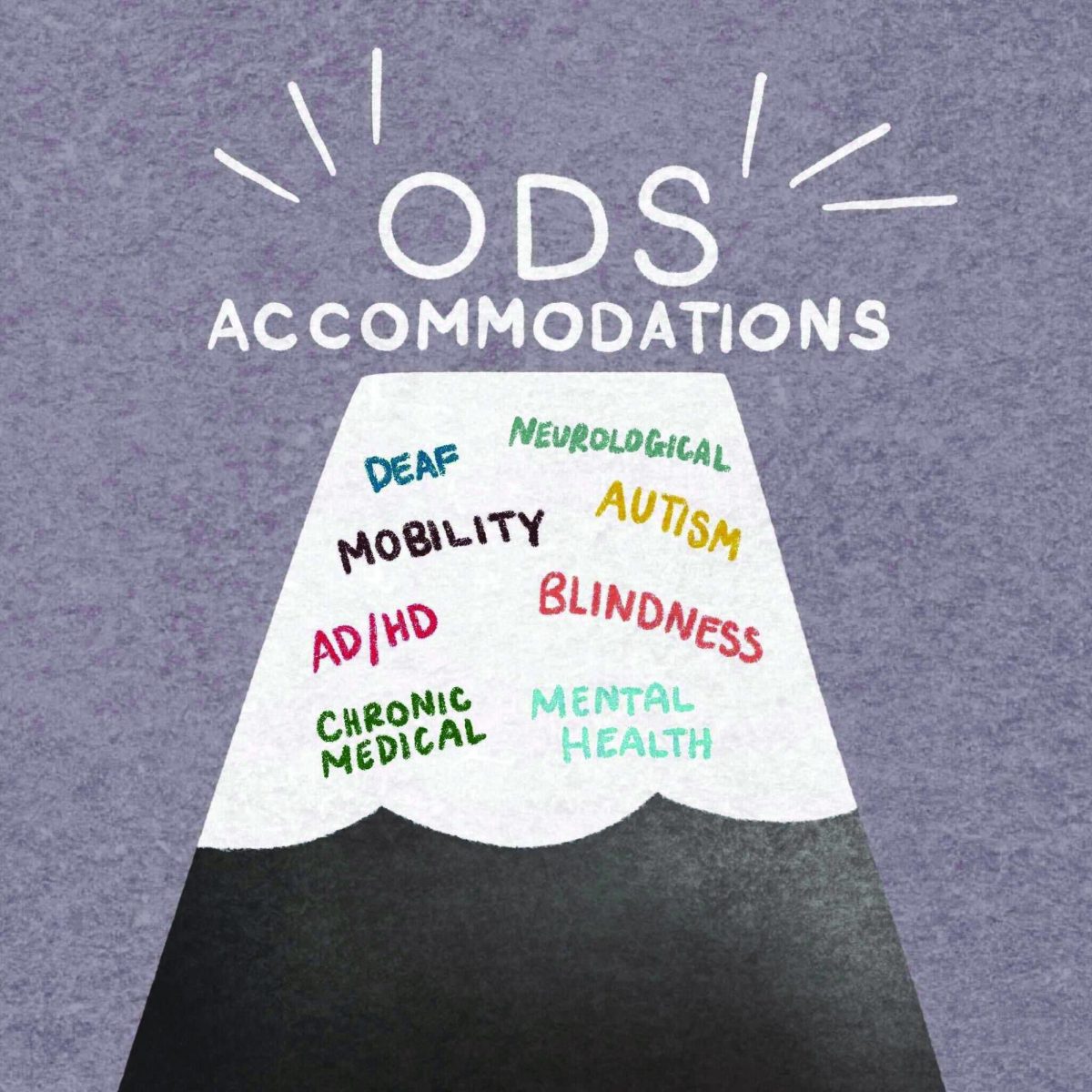



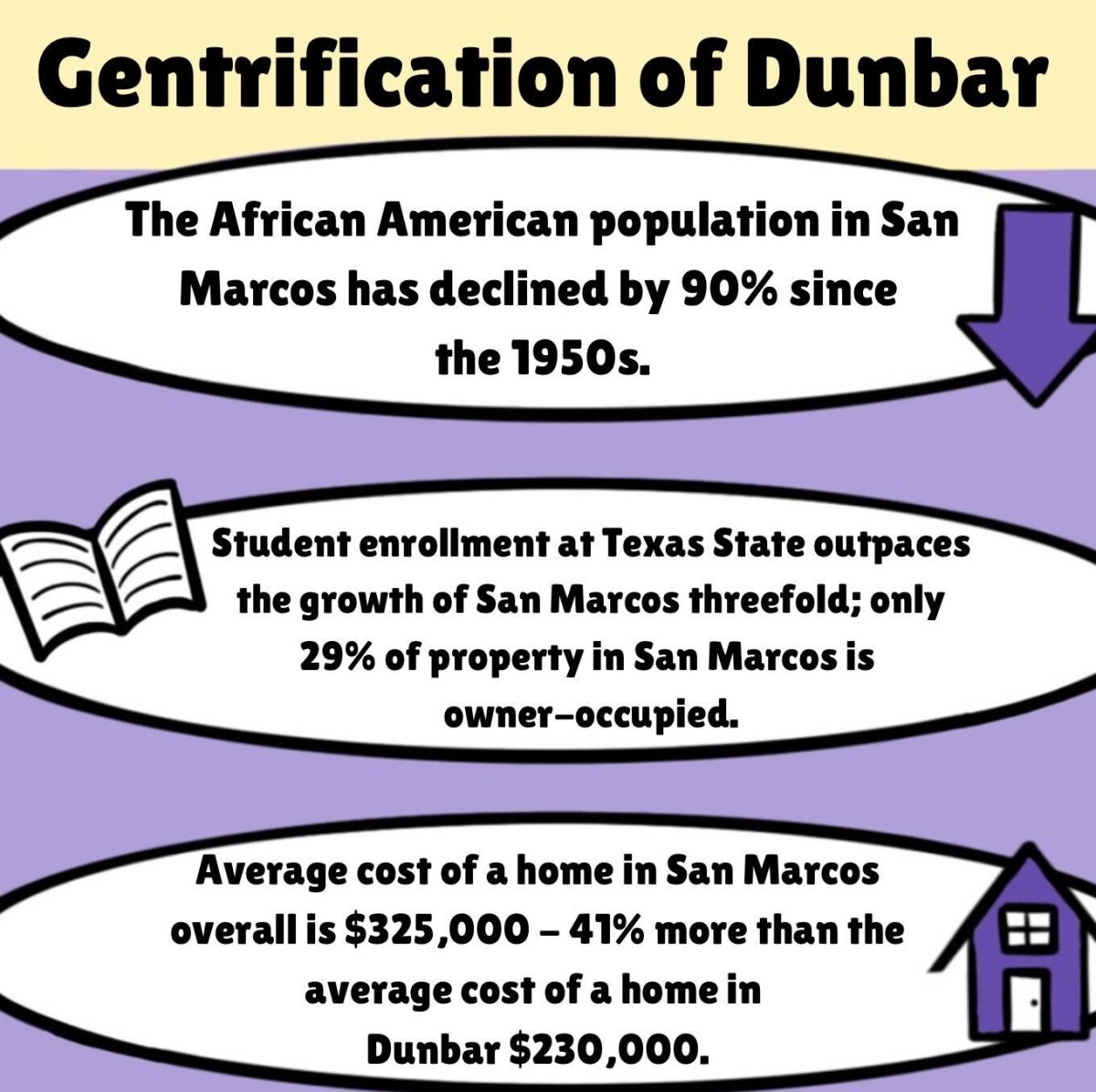

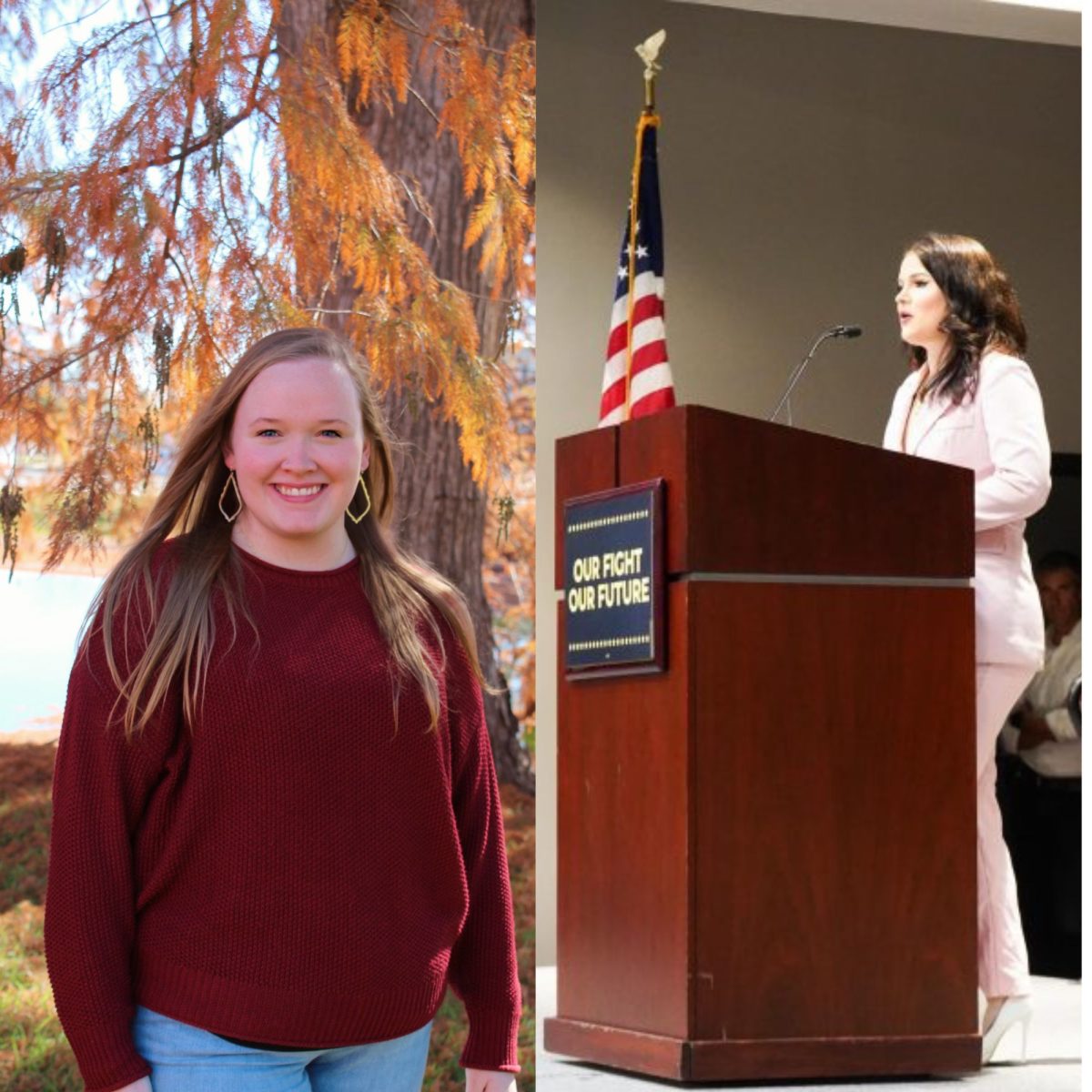


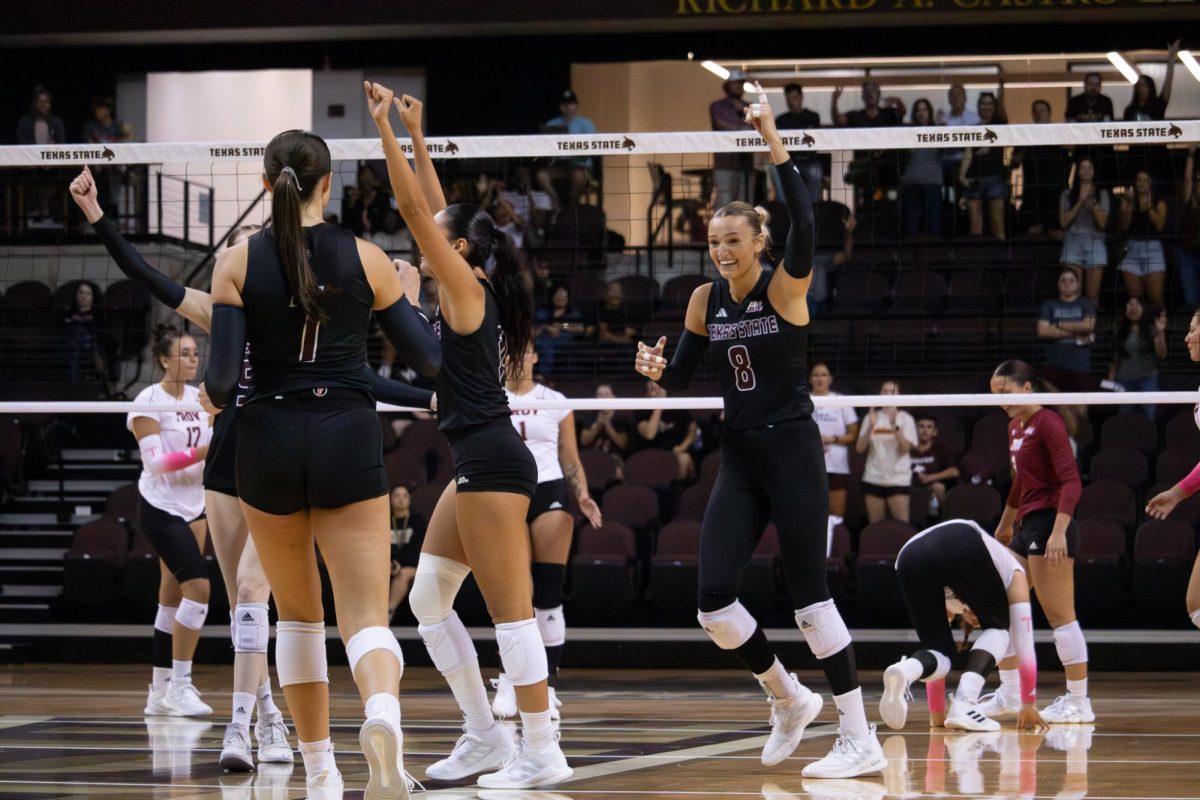
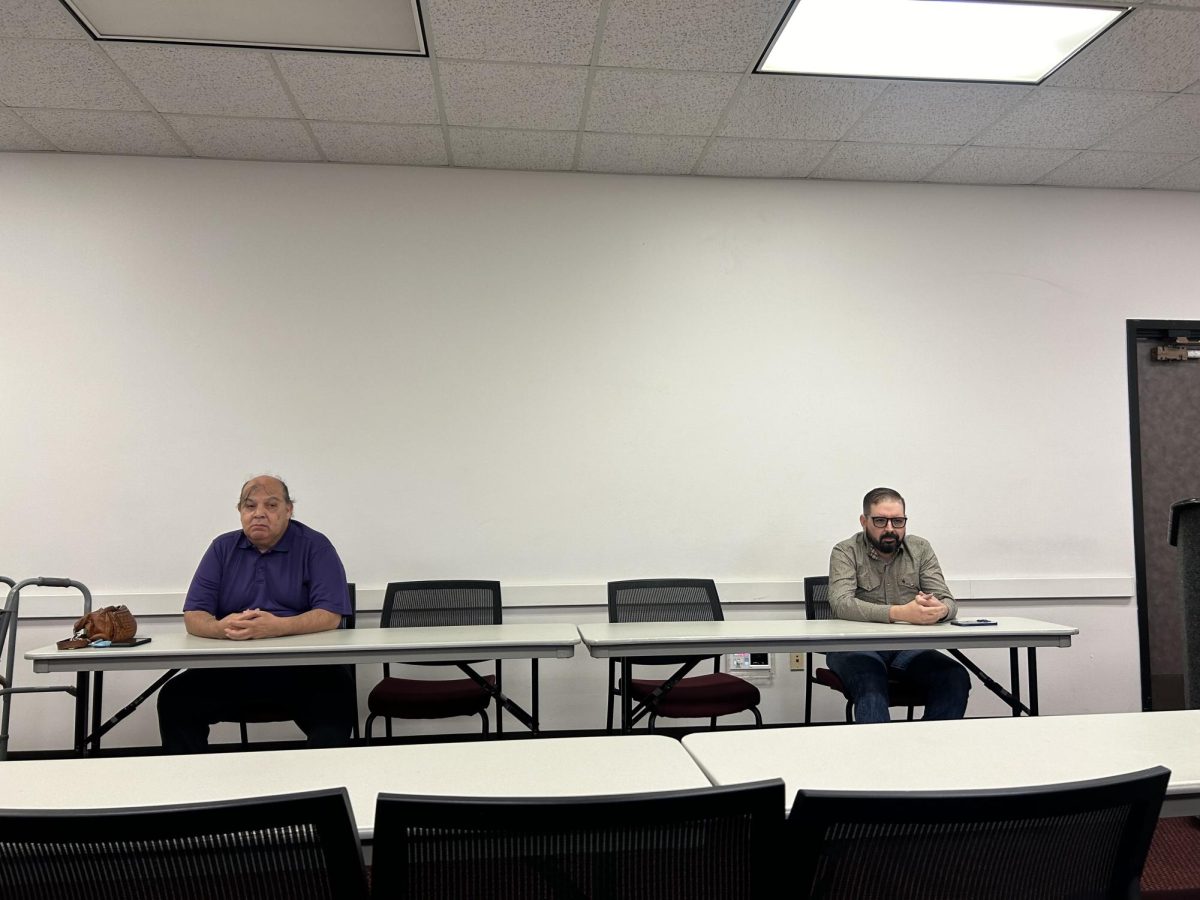








Lauren • Sep 5, 2023 at 11:30 am
I agree that registering with ODS is incredibly important. However, I think there are some challenges aside from awareness that impact students’ choices.
For instance, students might have trouble identifying themselves as having a disability. On top of that if someone doesn’t think they’ll be able to receive help they might not bother. Only the most basic accommodations are listed on the ODS website. Even looking across the internet it’s difficult to find specific accommodations.
There is the Job Accommodation Network for anyone looking for specific accommodations for workplaces. Some of these could have crossover with a school environment. But ultimately, there is a limited selection of accommodations that aren’t a one-size fits all.
To compound the problem, ODS asks you to volunteer which accommodations you need. Some people might not know. I think disability counseling would be helpful to interview students about their limitations and guide them through the process of finding helpful accommodations.